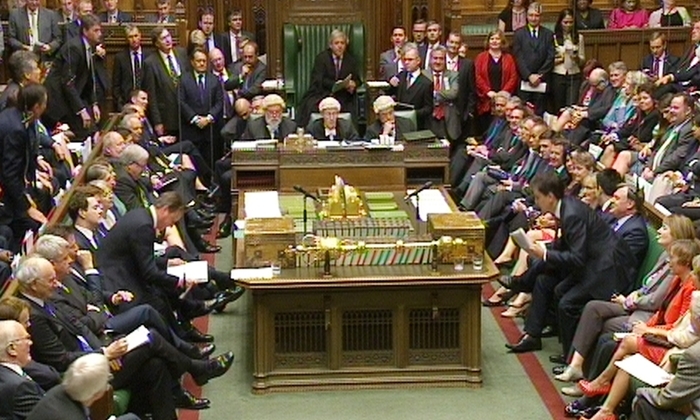The idea of MPs getting a pay rise is never going to go down well with the public, especially when the age of austerity seems to extend every time the Chancellor makes a major announcement.
But that is what appears to be on the table now under new plans from the Independent Parliamentary Standards Authority (Ipsa), which is expected to say backbench MPs’ £66,000 salaries should increase to more than £70,000 after the 2015 election.
Let’s not forget that would give our representatives at the Scottish Parliament a tidy hike too, as their wage rises are linked to what goes on at Westminster.
Naturally, given the anticipated outrage from the public, a host of MPs have come forward to say they will decline the additional cash but is that really a good way forward?
Ipsa was set up in the wake of the expenses scandal, which showed exactly what can happen when you leave politicians in charge of how much they’re getting paid.
The new body is not popular with MPs across the board, who deride its perceived slowness, inefficiency and inconsistency. But it is independent.
Do we really want to go back to a system whereby our politicians are setting their own remuneration with our money? This time they are taking a populist stance (of course) but who’s to say what happens next time? Y’know, when no one’s looking.
Members said they deserved an £86,250 salary in an anonymous survey. That’s worth bearing in mind when some urge the Prime Minister to overrule Ipsa in this case.
Should this wage rise be getting suggested now, of all times? Of course not.
That doesn’t mean we should rip authority away from the group set up to keep MPs in check and hand it back to those who are supposed to answer to us, though, especially not a few short years after the independent regulator was set up.
If Ipsa needs reviewed or is not fit for purpose that’s one thing. Let’s just make sure we’re not on a slippery slope back to where we were before.
